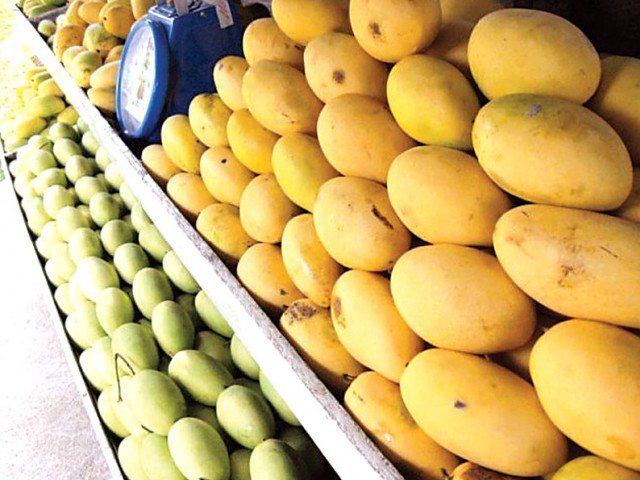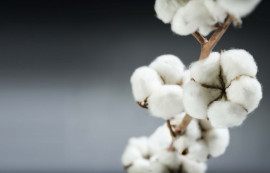
This was decided in principle at a meeting of entomologists chaired by UAF Vice Chancellor Professor Dr Iqrar Ahmad Khan.
“Fruit fly is a serious threat to the export of fruits and vegetables and is causing loss of billions of rupees,” said Khan “The contamination issue along with pesticide residue and toxicants are resulting in our agricultural export getting rejected.”
He said that the situation demands an effective policy to curb the disease and increase productivity and quality.
“Eleven species of fruit fly are reportedly responsible for the loss.”
Talking about palm weevil, a species of fruit fly, Khan said it is heavily damaging the production of dates. He directed scientists to develop a solution that would address the threat at a national level.
The chancellor announced that a state-of-the-art insect identification facility would be set up at the old campus of the varsity. He said it would highlight the issues and provide a platform to the scientists and farming community to interact with each other.
Referring to the wheat aphid, he said proactive measures and multi-pronged control strategy were required to save the staple food grain.
Department of Entomology Chairman Professor Dr Jalal Arif said that his section was an active member of the government dengue programme and making all-out efforts to address the issue at a national level in terms of research and awareness activities.
“Three working groups on fruit fly, palm weevil and wheat aphid have been set up, which would come up with a viable solution to the issue,” said Arif. “The department is running research and development project worth Rs90 million,” adding that they had developed a protocol for the Maximum Residue Limit for the registration of pesticides.
Arif said that all the faculty members remain busy for the cause of quality research and to address the issues of the farming community.
Published in The Express Tribune, April 15th, 2016.
Like Business on Facebook, follow @TribuneBiz on Twitter to stay informed and join in the conversation.



1730959638-0/trump-(19)1730959638-0-165x106.webp)













COMMENTS (1)
Comments are moderated and generally will be posted if they are on-topic and not abusive.
For more information, please see our Comments FAQ